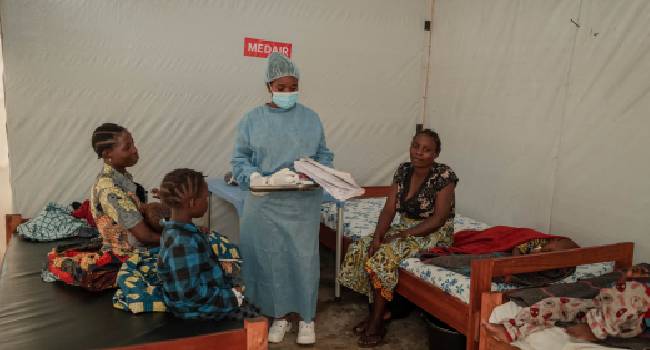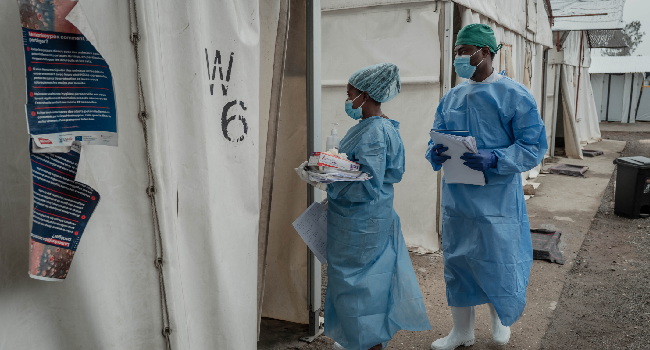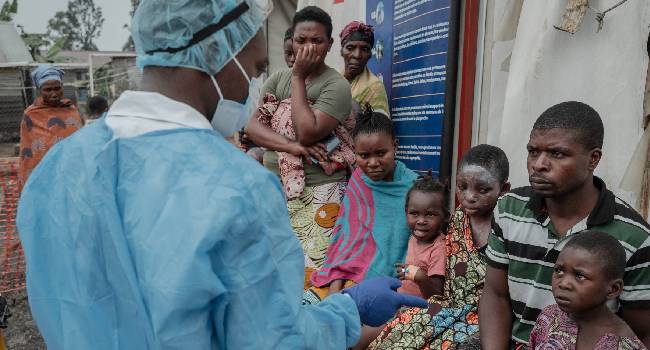Mpox cases and deaths are surging in the Democratic Republic of Congo (DRC), with the health minister reporting an increase from 16,000 cases and 548 deaths to 16,700 cases and over 570 deaths in just a few days.
This has prompted the World Health Organization (WHO) to declare the situation a global public health emergency.

Outbreaks have spread across Burundi, Kenya, Rwanda, and Uganda since July, and a new strain has been identified in Sweden. The United States has committed to providing 50,000 vaccine doses for the DRC, while Japan has agreed to send 3.5 million doses specifically for children.
The DRC plans to vaccinate four million people, including 3.5 million children, as part of its strategic plan.
Health Minister Samuel-Roger Kamba expressed hope that the vaccines will arrive soon, emphasizing their crucial role in combating the outbreak. The WHO has called for enhanced vaccination efforts and better investigation and monitoring of cases to prevent further spread.

Mpox, formerly known as monkeypox, was first discovered in humans in 1970 in what is now the DRC.
The disease, caused by a virus transmitted from infected animals or through close human contact, presents with symptoms like fever, muscle aches, and large skin lesions. The new, more deadly strain, clade 1b, has a higher fatality rate, particularly among children.

